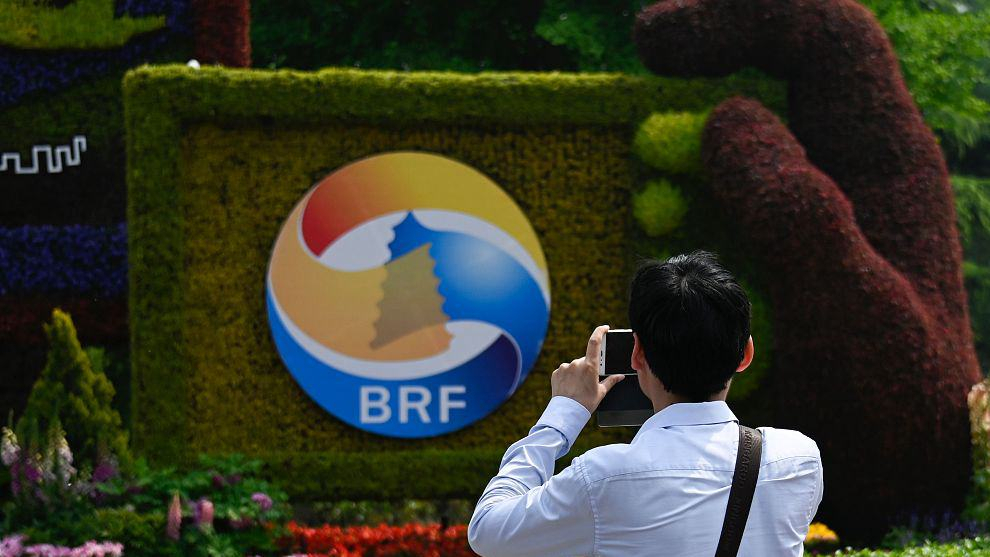
09:14, 02-May-2019
ITU Secretary-General: BRI helps narrow world digital divide

The industry of information and communication technologies is one of the most important areas of investment connected with the Belt and Road Initiative (BRI). When the Fourth Industrial Revolution is reshaping the landscape of the world digital economy, what's China's role in this and how can the BRI serve to develop telecommunication?
During a one-on-one interview with CGTN's The Point with Liu Xin program, Zhao Houlin, Secretary General of the International Telecommunication Union (ITU) talked about the digital divide. "Today half of the population are not connected online yet. To encourage investment in this area, we need a huge amount of money and we encourage investment from all parties," he said.
The ITU is a specialized agency under the United Nations that addresses issues concerning information and communication technologies. According to the ITU, internet penetration today in developed countries is above 80 percent, but only 40 percent in developing countries, and just 15 percent in the least developed countries. Till now there are still around 3.9 billion people in the world who don't have access to the internet.
To tackle this challenge, Zhao Houlin said, “The BRI is a great opportunity, and the ITU has worked hard with China to expand the cooperation.”
In May 2017 International Telecommunication Union signed a memorandum of understanding with the Chinese Ministry of Industry and Information Technology during the first Belt and Road Forum to help over 60 countries expand their ICT infrastructure and services.
According to Zhao, over the last two years, a lot of progress has been made. Many projects in the Asia-Pacific region and Africa have been carried out to enhance inner-connectivity and telecommunication capacity, including Trans-Eurasian Information Superhighway, ICT research centers in Afghanistan, etc. Zhao also said the ITU is expanding cooperation with other international agencies to bring more resources into this sector such as the Export-Import Bank.
According to the ITU statistics, of all ITU regions, the strongest growth in terms of the percentage of people using the internet was reported in Africa. The number increased from 2.1 percent in 2005 to 24.4 percent in 2018.
In September 2018, during the Beijing Summit of Forum on China-African Cooperation, developing information and communication technologies (ICT) is high on the agenda. Particularly, the Beijing Action Plan (2019-21) during this forum explicitly stressed the need for China and African countries to carry out cooperation on ICT infrastructure and enhance commitment to developing the digital economy at the ITU.
"It was the first time we saw such kind of statement," Zhao said. "Africa is left behind many as a continent. China may not be the only source of partnership, and China could not be the only source. So I have to encourage everybody to go there."
SITEMAP
Copyright © 2018 CGTN. Beijing ICP prepared NO.16065310-3
Copyright © 2018 CGTN. Beijing ICP prepared NO.16065310-3